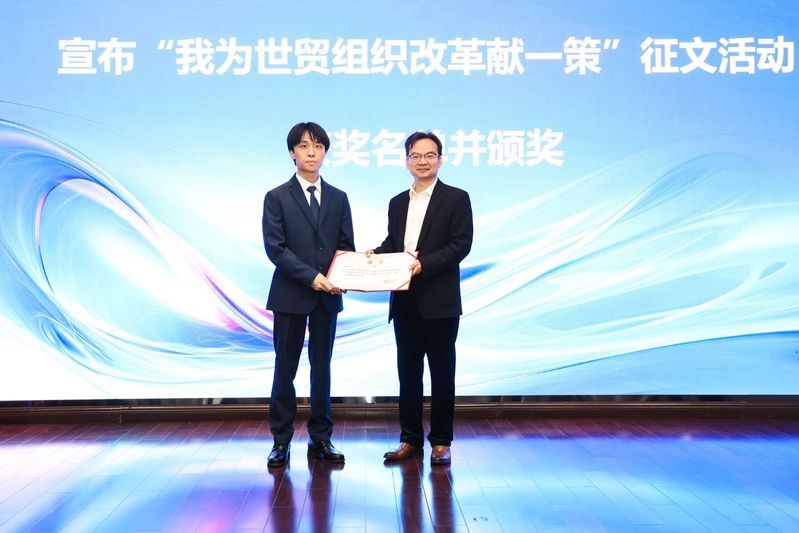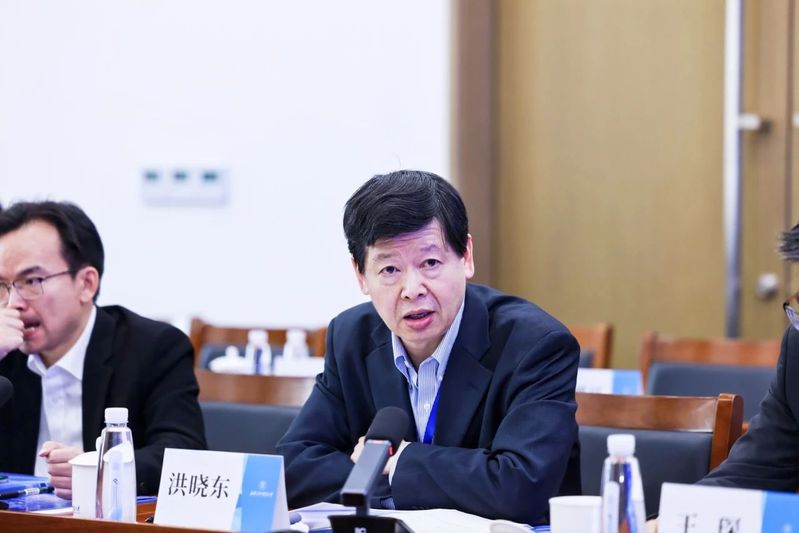On April 27th, the Summary and Exchange Meeting of the 2nd “Proposal for WTO Reform” Essay Contest and the Seminar on “WTO Reform and Innovation” was successfully held on the Changning Campus of SUIBE. Representatives from the Department of WTO Affairs of the Ministry of Commerce, Hong Xiaodong, former Director of the Department of WTO Affairs, Ministry of Commerce and a senior researcher at the China WTO Research Association, Wang Rongming, SUIBE President, Zhang Yiguo, Vice Chairman of the University Council and experts, scholars, faculty, and student representatives from multiple domestic universities and research institutions engaged in exchanges and discussions.

On behalf of SUIBE, Wang Rongming delivered a welcome speech. He noted that SUIBE has maintained a long-standing and close relationship with the WTO and has always shown great concern for the future of the multilateral trading system. The university has played an active role in supporting China’s collaboration with the WTO. As the WTO marks its 30th anniversary, this year’s “Proposal for WTO Reform” Essay Contest and the Seminar on “WTO Reform and Innovation” are expected to yield even more fruitful outcomes than last year. He extended his congratulations to award-winning students and faculty, encouraging them to continue their dedication to WTO reform research and practical exploration, and to provide strong support for China’s deeper involvement in global economic governance.

Ying Pinguang, Dean of the School of Global Governance (School of Trade Negotiations) at SUIBE, announced the list of winners of the 2nd “Proposal for WTO Reform” Essay Contest. Wang Rongming, Zhang Yiguo, and Tu Xinquan presented awards to the first, second, and third prize recipients respectively.



During the seminar, participating experts held in-depth discussions on key topics such as Boundaries of National Security Exception in WTO Law, Artificial Intelligence and International Trade Rulemaking, and New Frontiers in WTO Negotiations.
In his concluding remarks, Hong Xiaodong emphasized the importance of closely following the evolving landscape of international trade, the development of free and regional trade agreements, and the emerging opportunities for WTO reform arising from enhanced cooperation among the Global South, developing countries, and emerging markets.

Translated by Guo Mengjia
